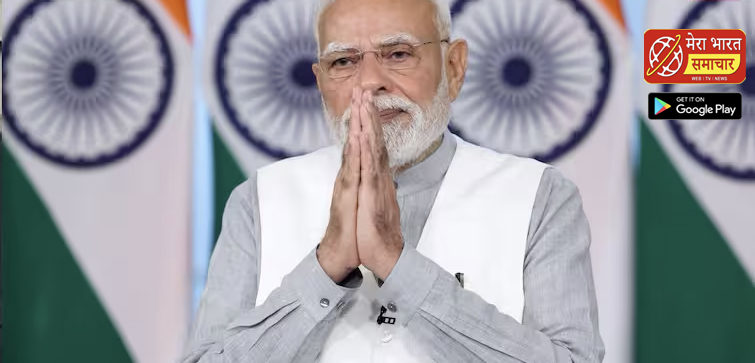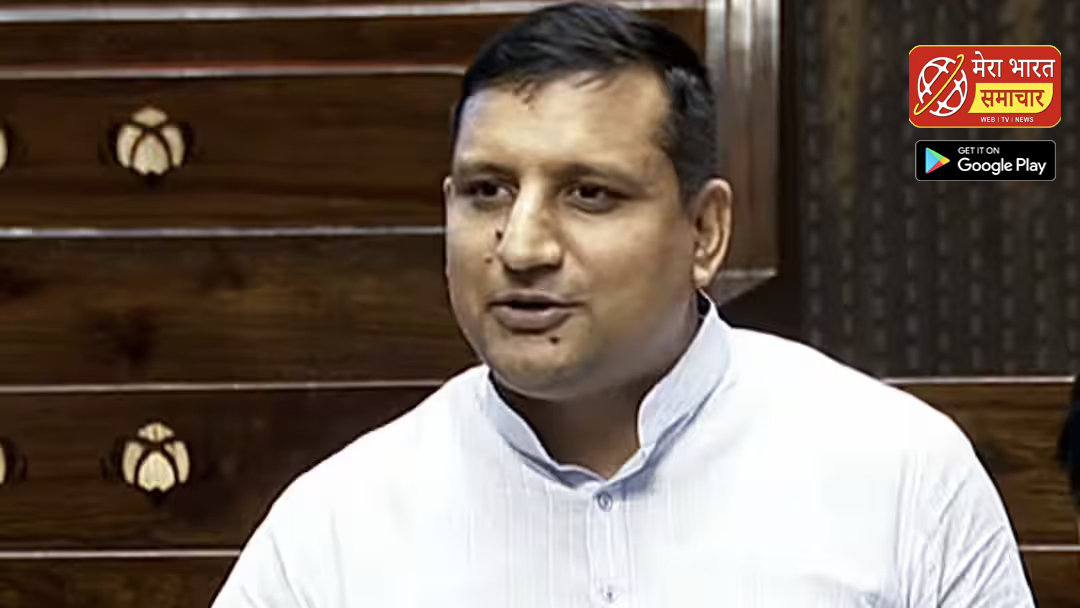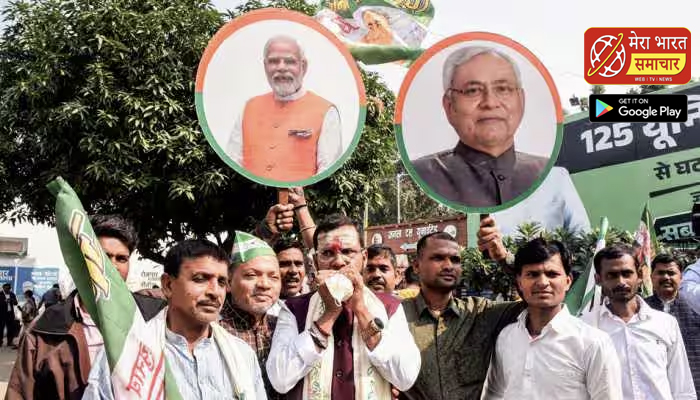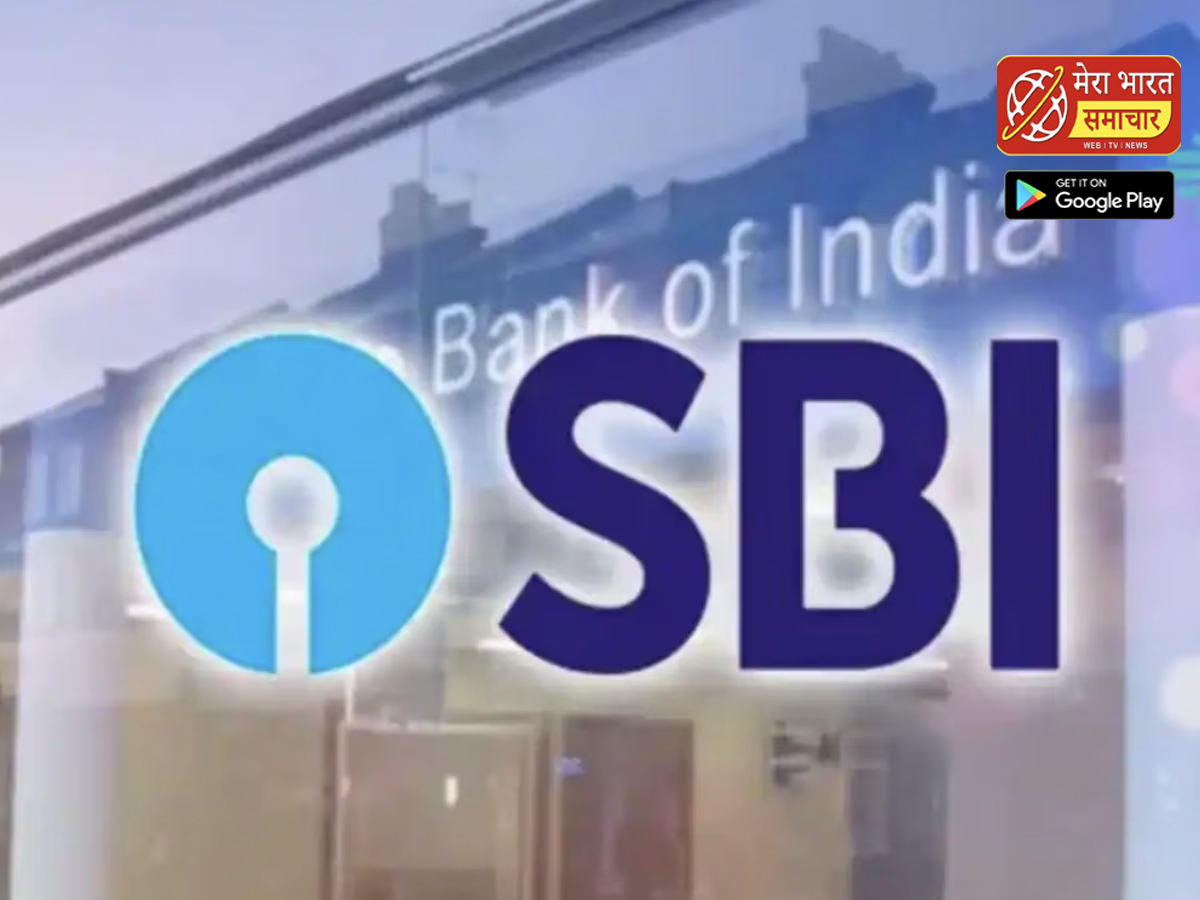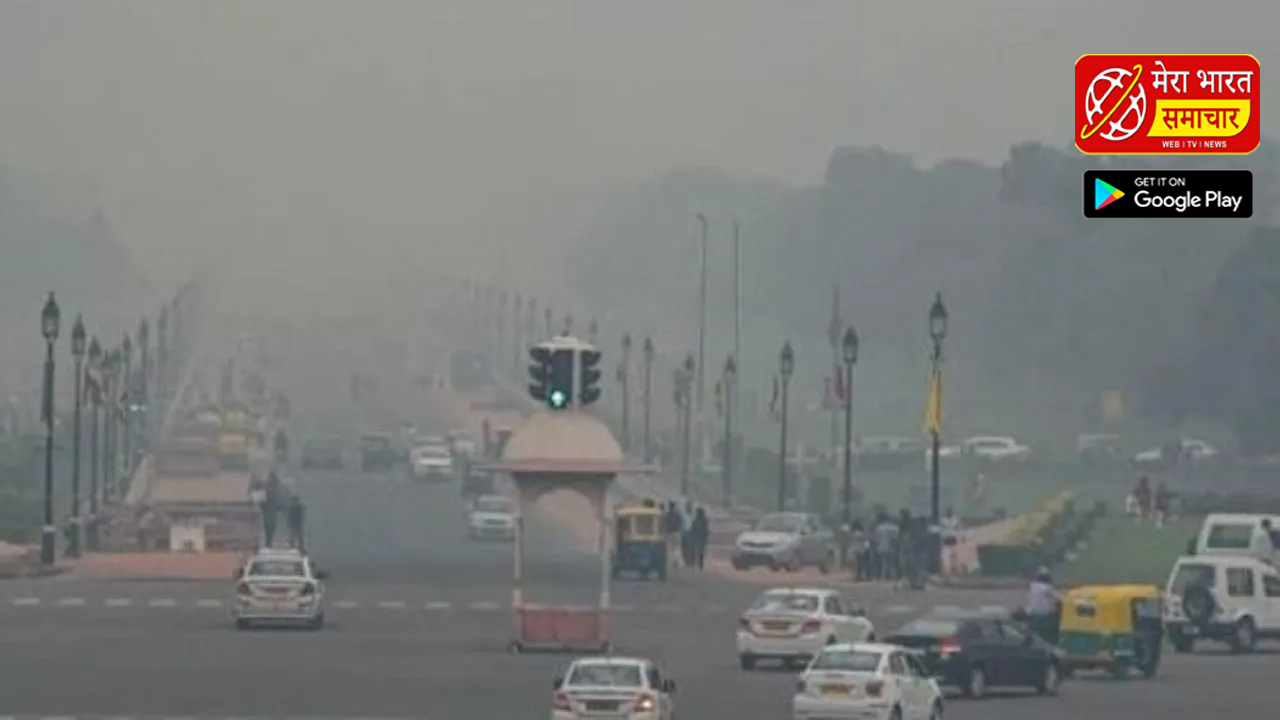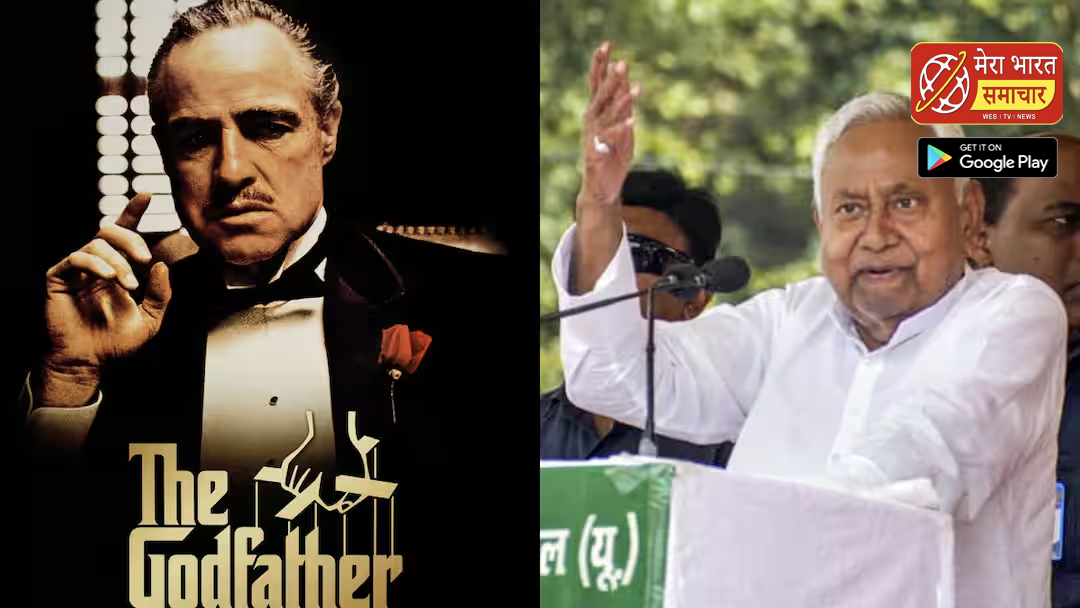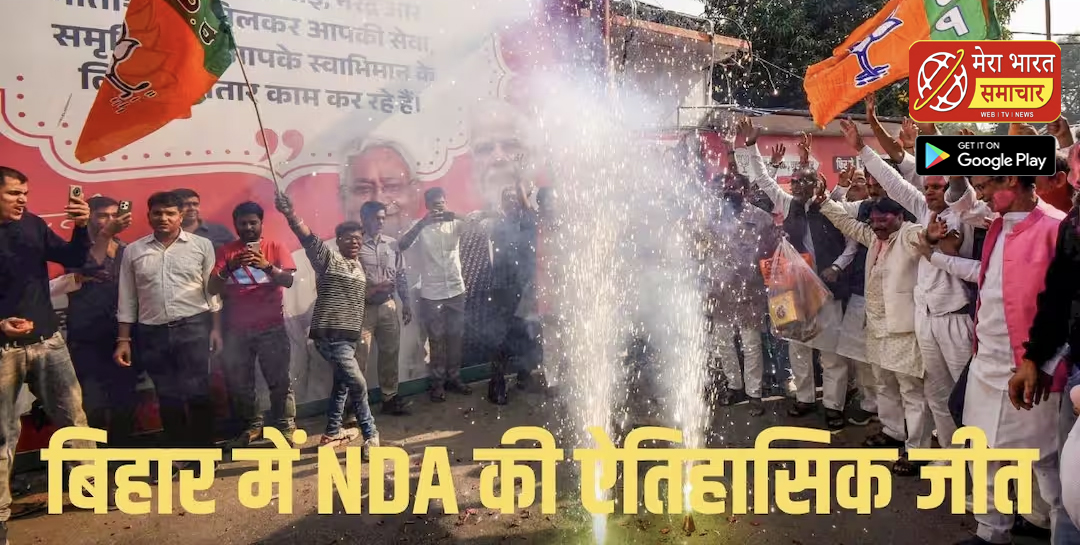The Delhi High Court on Monday set aside a directive from the Central Information Commission (CIC) that had ordered the disclosure of Prime Minister Narendra Modi’s educational records. Justice Sachin Datta, delivering the verdict, allowed appeals filed by Delhi University (DU) against the CIC’s 2017 order. The Commission had instructed the university to provide information under the Right to Information (RTI) Act about Modi’s degree.
“The CIC order is set aside,” Justice Datta said while pronouncing the ruling, reported legal news website Bar and Bench.
Dispute Over PM Modi’s Degree
The controversy dates back to 2016, when former Delhi Chief Minister Arvind Kejriwal urged PM Modi to make his academic qualifications public. Modi’s election affidavit states that he graduated with a Bachelor of Arts in Political Science from Delhi University in 1978.
Around the same time, Neeraj Sharma, an RTI applicant, sought records of all students who completed a BA from DU in 1978. The university rejected the request, citing privacy concerns and arguing that the information had no connection to public interest.
Sharma then approached the CIC, which directed DU to disclose the register listing students who cleared the BA course in that year. In January 2017, DU challenged the order in the High Court, which stayed its implementation.
What DU Argued in Court
Representing DU, Solicitor General Tushar Mehta stressed that the right to information is not absolute and must be balanced with the right to privacy. “In the Puttaswamy case, it was held that privacy is protected under Article 21. The right to privacy supersedes the right to know,” Mehta submitted, according to the Bar and Bench review.
He argued that personal details like educational qualifications cannot be forced into the public domain under RTI, especially if they are sought for political purposes. According to him, granting such requests would overwhelm universities and turn the RTI Act into a tool of harassment.
“You cannot use RTI to intimidate officers or to dig up decades-old records. Public authorities would be bogged down if such demands were entertained,” he said, also defending the nominal ₹10 fee attached to RTI applications.
On the other side, senior advocate Sanjay Hegde, appearing for Sharma, contested DU’s position that student records are held in a fiduciary capacity.
“Degree information is not private in that sense — it is already in the public domain. Whether for an ordinary citizen or a public figure, access to such records must be available,” he argued.
Hegde maintained that the real question is whether releasing the information serves the public good or causes harm. In this case, he said, there was a clear public interest in disclosure.

